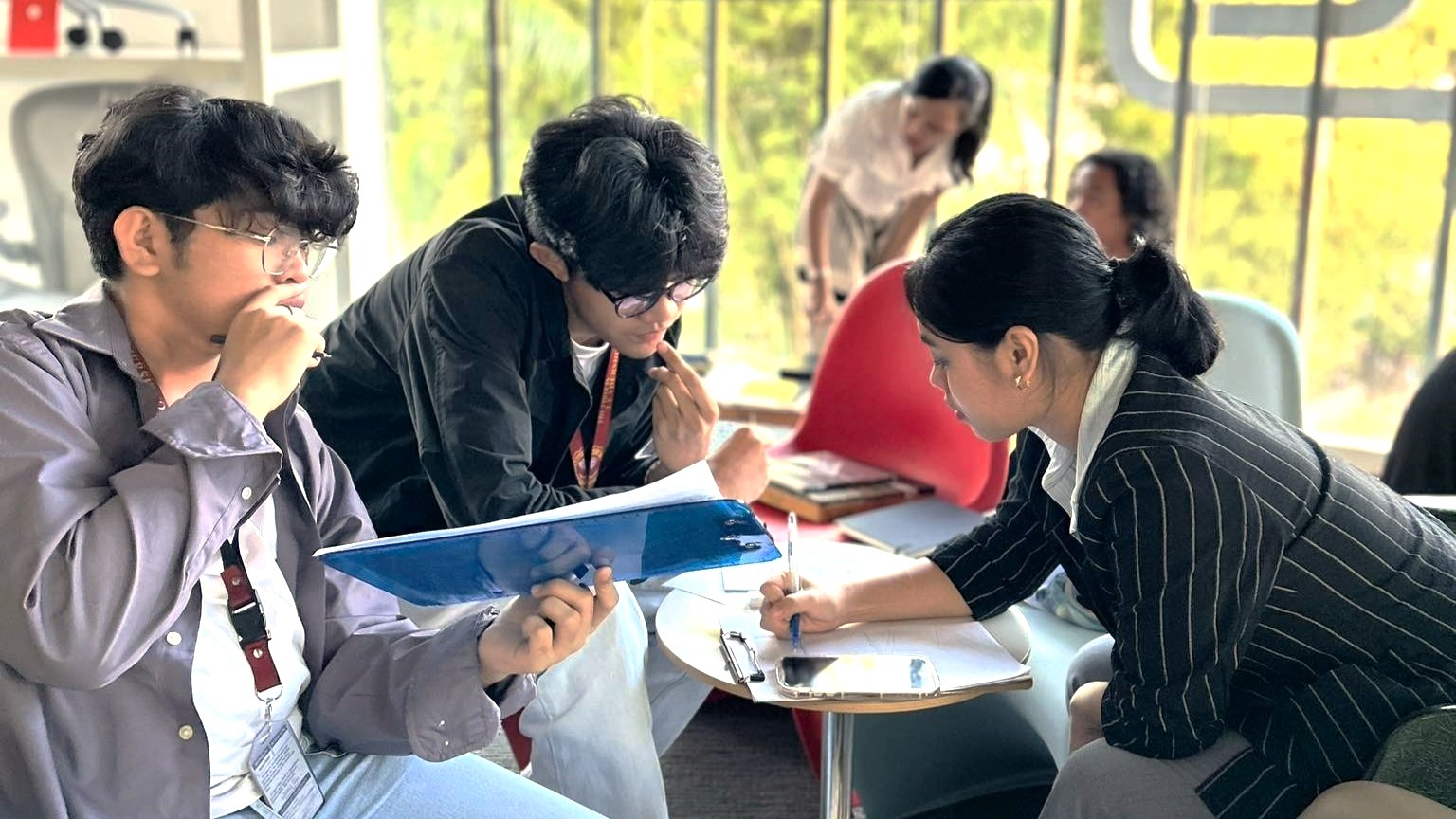
Bachelor of Science in
Interior Design
About the Program
The Bachelor of Science in Interior Design (BSID) program of the University of Mindanao deals with the planning and designing of residential, commercial, hospitality, institutional, and industrial interior spaces, with emphasis on space planning, programming, conceptual development, human behavior, socio-economic and cultural factors, building technology, and aesthetics. The program prepares students for a career in the Interior Design profession by developing their theoretical knowledge, practical skills, creativity, critical thinking, research capability, and ethical responsibility towards society, the environment, and global realities. The program aims to produce graduates who can conceptualize, plan, and execute interior designs based on client needs and sustainability principles; prepare and present design concepts and specifications; coordinate with allied professionals; comply with relevant laws and standards; uphold ethical practice; and engage in lifelong learning. The BSID program is anchored on the Outcomes-Based Education (OBE) approach and adheres to the minimum standards prescribed by the Commission on Higher Education (CHED).
Program Educational Objectives
Three to five years after graduation, the graduates are expected to:
- Graduates shall demonstrate comprehensive knowledge, skills, and competencies in interior design practice, including design principles, processes, and applications that address functional, aesthetic, and socio-cultural needs.
- Graduates shall exhibit creativity, critical thinking, and problem-solving abilities in conceptualizing and developing innovative interior design solutions.
- Graduates shall uphold professional ethics, integrity, responsibility, and accountability in all aspects of interior design practice, with respect to clients, the environment, and society.
- Graduates shall effectively communicate design concepts, ideas, and technical information through oral, written, visual, and digital media, and collaborate productively with multidisciplinary teams.
- Graduates shall advocate sustainable practices, environmental stewardship, and cultural sensitivity in interior design, contributing to the global discourse on responsible and inclusive design.
- Graduates shall engage in research, inquiry, and lifelong learning to advance interior design knowledge, enhance professional development, and adapt to emerging trends and technologies.
- Graduates shall demonstrate leadership, initiative, and entrepreneurial skills to innovate, manage, and contribute to the growth and advancement of the interior design profession.
Student Outcomes
By the time of graduation, the students of the program shall have the ability to:
- Demonstrate an in-depth understanding of interior design principles, processes, and methodologies, and apply them effectively in the design and planning of interior environments, considering both aesthetic and functional aspects.
- Exhibit critical thinking and creativity in developing innovative, context-specific solutions to complex interior design challenges, utilizing appropriate technologies, materials, and techniques.
- Adhere to professional ethics and standards, demonstrating responsibility towards clients, society, and the environment in the practice of interior design, with an awareness of cultural, legal, and regulatory requirements.
- Work collaboratively within multidisciplinary teams, demonstrating respect for diverse perspectives and fostering effective interpersonal communication in the achievement of common design goals.
- Incorporate principles of sustainability and environmental responsibility in interior design practice, addressing the needs of future generations through the selection of sustainable materials, energy-efficient solutions, and eco-conscious design practices.
- Conduct research in interior design, applying systematic inquiry to support the development of design solutions, and contribute to the body of knowledge in the field through evidence-based practices.
- Demonstrate leadership abilities and entrepreneurial mindset, taking initiative in the design profession, managing design projects, and exploring opportunities for professional growth and development.
- Engage in continuous self-assessment, lifelong learning, and professional development to stay current with emerging trends, technologies, and methodologies in the interior design profession.
- Exhibit the ability to personally and meaningfully contribute to the country's development.

 Explore in Academia
Explore in Academia